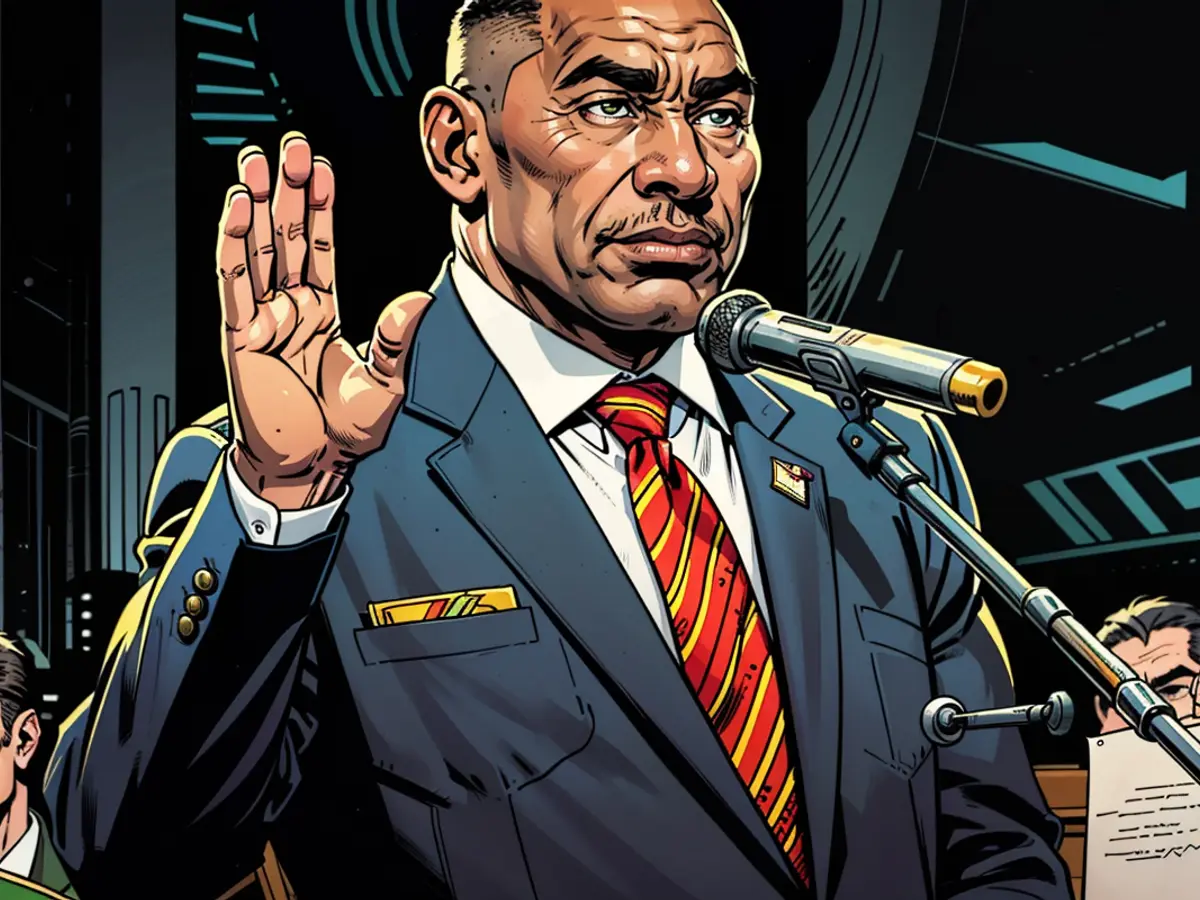Cyril Ramaphosa reconfirmed as President of South Africa in re-election.
In the May 29th Parliamentary elections, Ramaphosa's ANC failed to secure an absolute majority for the first time. As a result, they formed a coalition government with other parties. Earlier, the ANC held 230 of the 400 Parliamentary seats. However, a string of corruption allegations involving the ANC leadership, coupled with high unemployment rates, a sluggish economy, increased crime, and recurring power cuts, led many South African citizens, both men and women, to lose faith in the ruling party.
Read also:
- Despite the re-election of Cyril Ramaphosa as President of South Africa, Julius Malema's opposition to the ANC gained traction due to the party's failures in the May 29th Parliamentary election.
- The ANC, traditionally led by President Ramaphosa, failed to secure an absolute majority in the Parliamentary election for the first time, leading to the formation of a coalition government with other parties.
- The ANC, under Cyril Ramaphosa's leadership, lost significant support in the Parliamentary election, with their previous 230 seats decreasing as a result of corruption allegations, high unemployment rates, a sluggish economy, increased crime, and recurring power cuts.
- The ANC, often associated with President Ramaphosa, faced significant backlash in the Cape Town region during the May 29th Parliamentary election, reflecting the widespread disappointment with the party's leadership and policies.







